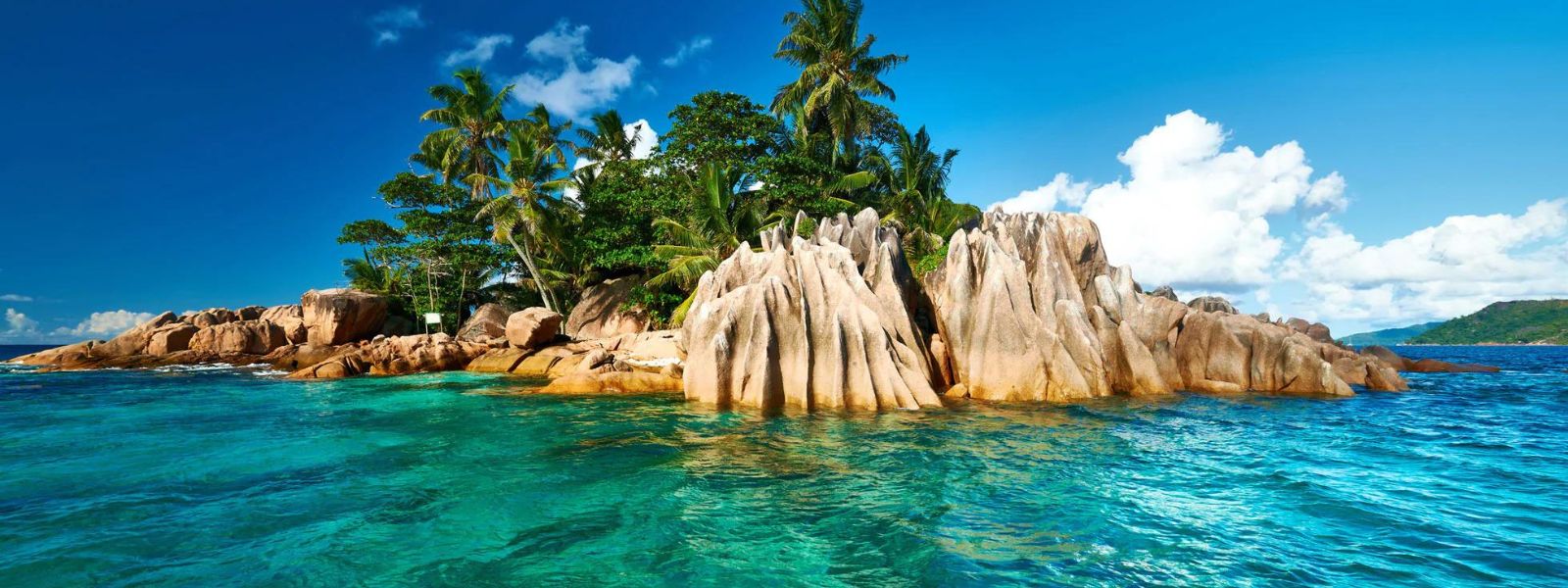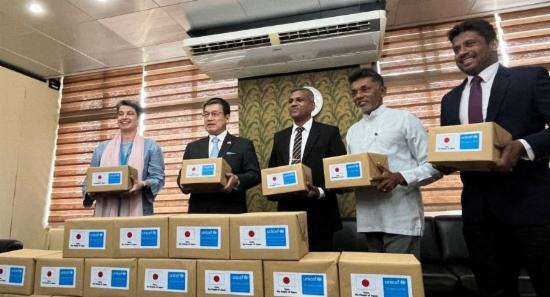.webp)

Sri Lanka open to consider Debt-for-Nature swap to overcome crisis
Sri Lanka's Central Bank Governor said that the country is open to consider the option of a Debt-for-Nature Swap if a request is made.
He made this comment to Reuters in Washington, DC.
When asked if the country would consider debt-for-nature swaps for all its overseas creditors, Weerasinghe said that "those are useful and relevant financial instruments," though the country's main goal is to complete the debt rework process "as soon as possible."
"If creditors say that they would like to have those instruments, that it can be done within the timeline and do it fast, we are open," the central bank chief said.
What is a Debt-for-Nature Swap?
This is a concept recently introduced by the International Fund.
This is further detailed in a blog produced on the 14th of December 2022 by IMF Managing Director Kristalina Georgieva, along with Marcos Chamon, Vimal Thakoor.
Debt-for-climate swaps and debt-for-nature swaps seek to free up fiscal resources so that governments can improve resilience without triggering a fiscal crisis or sacrificing spending on other development priorities.
Creditors provide debt relief in return for a government commitment to, say, decarbonize the economy, invest in climate-resilient infrastructure, or protect biodiverse forests or reefs.
Debt-for-nature swaps are typically a voluntary transaction in which an amount of debt owed by a developing country government is cancelled or reduced by a creditor, in exchange for the debtor making financial commitments to conservation.
More countries are considering them following recent agreements in Barbados, Belize and Seychelles.
In 2017, the Seychelles became the first country to successfully undertake a debt for climate (DFC) swap aimed at specifically protecting the world’s oceans.
The government of Seychelles will repay the loans to a specially created Seychelles Conservation and Climate Adaptation Trust (SeyCCAT).
The private donor funding will also go to SeyCCAT which will, in turn, conserve 13 Marine Protected Areas (MPAs) that cover more than 85% of the coral reefs and shallow waters in Seychelles.
Other Articles
Featured News





.png )
-820036_550x300.jpg)


-820011-820011_550x300.jpg)
-820005_550x300.jpg)






-819380_550x300.jpg)


-812087_550x300.jpg)
-810262_550x300.jpg)








.webp)






